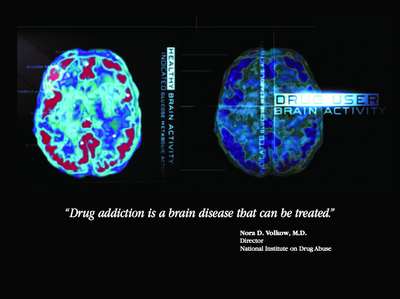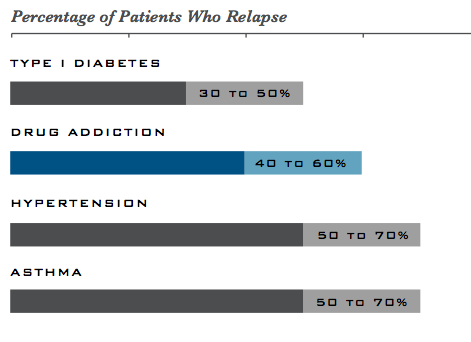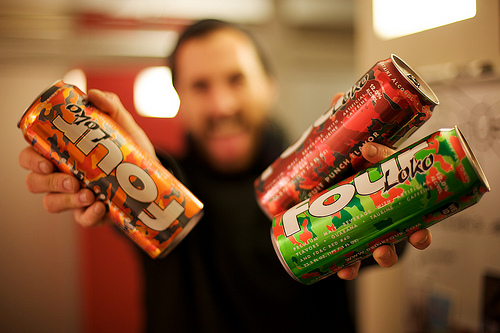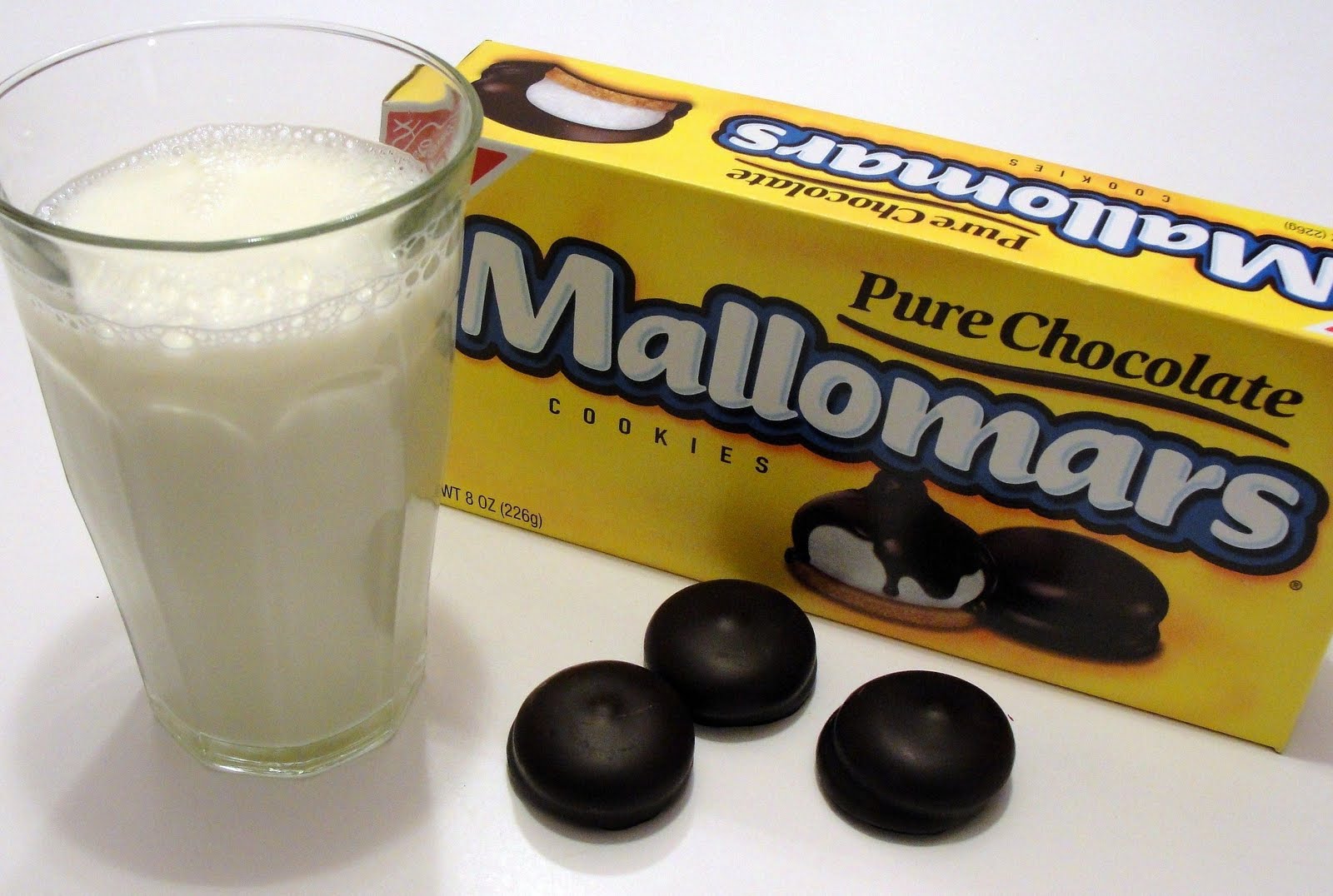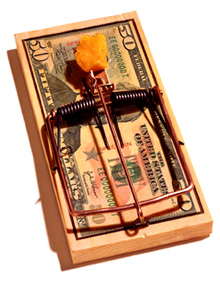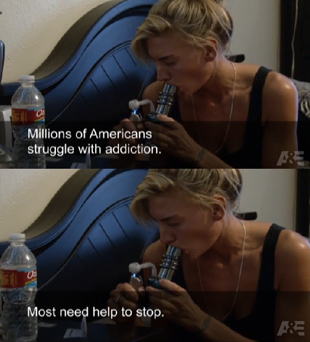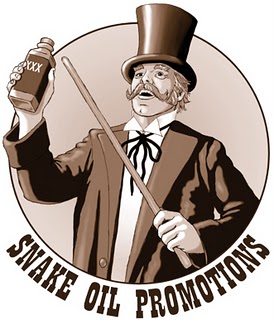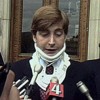The brain-disease model of addiction destroys itself because it denies the very concept of neuroplasticity on which it is simultaneously built. Drug addiction is not a brain disease, it’s a choice. Learn how the brain disease argument uses the fallacy of the stolen-concept.
Category: Propaganda
Fake Success Rates: Retention and Completion
The addiction treatment industry doesn’t care about real success for it’s patients – they only care about keeping you in treatment for as long as possible. This is evidenced by the fact that they present retention rates rather than real success rates.
Comparing Apples to Melons – Four Loko
A closer look at the facts reveals that Four Loko is only involved in drinking related incidents because those who choose to drink it are already risky binge drinkers with histories of starting drinking at an earlier age, drinking more, and drinking more often. Alcoholic energy drinks have been unfairly targeted – and most of them have less caffeine than the same amount of coffee!
Obesity as a Brain Disease
The dimwitted Nora Volkow will eventually destroy her own argument when she declares every unfavorable behavior to be disease. Currently, she’s got her sight set on food addiction; I can’t wait till she takes on things that involve no consumption whatsoever, such as video games. She really misses the point.
69.5% of Treatment Revenues Come From Public Funds
Unfortunately, most of the money spent on treatment for drug and alcohol problems comes from the government. This situation props up the false and ineffective disease model favored by government agencies such as the NIDA, and results in worse services for us all. There is no free market competition working to bring better help to people with addiction.
It’s All Twelve-Step – So Stop Talking About Science Already
Figureheads of the recovery culture claim that treatment uses science to provide solutions for addiction. They also claim that those who question the treatment system stand in the way of science and progress. Meanwhile, the main component of treatment- Substance/Drug Abuse Counseling – is oriented around a form of faith healing: the 12-Steps.
Intervention is Wrong – Most People Stop Without Help
Intervention is spreading a dangerous lie about drug and alcohol addiction at the beginning of every episode.
Fake Recovery Alternatives: New Face of Recovery – Narconon – Scientology
“New Face of Recovery” is a front for Narconon and its methods of treatment which are derived from the teachings of Scientology. It is not an effective or true alternative to conventional treatment and 12-step methods of recovery from addiction.
Patches Kennedy’s Addiction Propaganda Efforts
Patches Kennedy has been “addicted” forever, he went back to rehab again in 2009, and now he’s writing a book to destigmatize addiction, which he calls a “neurological ailment”. This can only be helpful if we understand how absurd it is.
Fake Recovery Alternatives: Passages Malibu
Learn why many alternative drug rehab programs are not an alternative at all. Passages Malibu is used as an example. They reject the disease model of addiction, but then they claim that addicts are self-medicating because of vitamin deficiencies.
